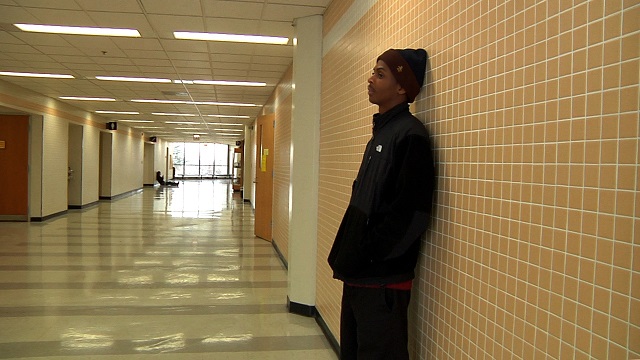Do Sporting Events like the World Cup Promote Global Unity or Contempt?

What’s the Latest?
Omer Aziz at The Washington Post argues that, despite media representations of the World Cup bringing people together, the international event really only pushes people apart. He cites notable examples of sports-related violence including the 1994 Vancouver riots and killings stemming from the India-Pakistan cricket rivalry. Aziz compares the competitive spirit of sports fandom to the jingoistic urges of nations at war:
Notice how quickly name-calling and stereotyping come rushing out like caged bulls at events like the World Cup. The competition, the flags, the desire to defeat and demean an imagined enemy, all of this is analogous to warfare, which is why there are heavily armed soldiers, riot police, and pain-inducing gasses of various sorts.
What’s the Big Idea?
Aziz is right to be cynical about the overarching narrative and flurry of stories pushed by the media (and other interests) citing international unity. He’s also right in stating that high-passion sporting events have a tendency to get messy. His claims with regard to the demeaning of opponents were prophetic enough considering last night’s idiotic giraffe gaffe by Delta.
The other side of this debate would note that some of his claims equate to hyperbolic histrionics:
When old enemies meet on the pitch or the hardwood or the ice, it’s war without guns. When a country loses a match to a rival, people go crazy. They riot in the streets and burn flags and buildings.
Now that’s a bit much. Yes, international sporting events have the potential to bring out the worst in people. They evoke a sense of tribalism often latent in everyday life. But just because riots have happened doesn’t mean sports and violence are innately entwined. For many, it’s merely a loud and colorful form of entertainment. Plus, the great matches so far in the Cup seem to have tentatively eased fears of clashes related to local protests. The sensationalism over impending violence during the South Africa World Cup four years ago turned out to be way overblown.
Still, Aziz’ argument comparing sports and war is a fascinating sociological take on the World Cup. What do you think?
Continue Reading at The Washington Post
Photo credit: William Perugini / Shutterstock





